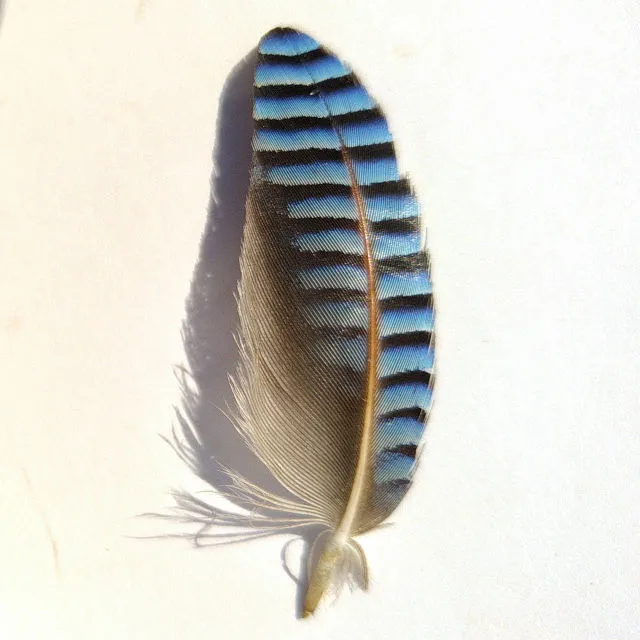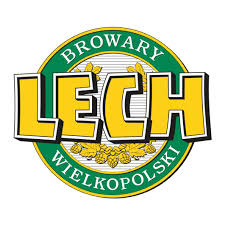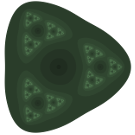Recently I was wandering if there is someone or some group preserving , collecting , organizing and publishing all the knowledge of mankind ever created throughout its existence so that if ever mankind faces the 6th mass extinction we don’t have to reinvent the wheel and can have a kick start to our new post apocalyptic civilization .
Wikipedia is a great start. You can download its entirety, roughly 100gb. Most of the basic and advanced human knowledge.
Check out kiwix to get it offline
Seconded Wikipedia. The amount of knowledge that can be gleaned in mere minutes from Wikipedia is insane. It contains enough information to do most stuff, aside from blatantly illegal things.
Luckily it isnt that easy to burn down every server as burning carpets in south america or books in other places
You can do all of Project Gutenberg too. It’s only about 75gb, surprisingly.
ASCII text is hella lightweight.
Wikipedia is basically useless without the sources, though. It’s just a TL;DR summary of things.
Wikipedia is absolutely not useless without the sources. I don’t even know what to say, that statement is so deranged.
WP as it is is of course not useless. But don’t confuse it with a real library. Then, imagine in the apocalyptical worst case, having archived only that summary of humankind’s knowledge. There’s a vast amount of detail that WP is just not the right place for.
Well, sure, of course it leaves a lot of material out. But you’d start with Wikipedia surely, then move onto the source material. If Wikipedia leaves out a lot of material, any one of its sources leaves out a lot more.
There isn’t. Yes Wikipedia has a lot of info but think of all the information that is in the hands of governments and corporations that are closely held secrets. Or that’s only in the minds of a few experts on the planet.
Like sure Wikipedia can tell you what a CPU is. But to build one from scratch, from the silica to building the machines and factories, that information is spread across multiple companies and never shared with the public. And only a few experts truly know how to do every step in the process, they have vital knowledge of that process that they feel is common sense and is not written down, which they pass on to the people they mentor. If those few people die at the same time in a catastrophe the knowledge that isn’t written down dies with them.
We already lost a lot of information of old tech from not that long ago because the companies went bankrupt or the people involved all died. Like we don’t even have all the knowledge to rebuild the Saturn V rockets, because the people involved, who hold vital knowledge, are dead and the supporting infrastructure, like the sub contractors (who also had vital knowledge), is gone as well.
That is pretty much exactly the goal of the Wikimedia Foundation which runs Wikipedia and its sister projects.
But by now we figured out what wikis can do well and what not. Wikis are suitable for crowdsourcing objective facts about the world (all it takes is one person to add any given fact), they are not a universal remedy for everything, especially not contentious issues or useful instructional materials.
I have made more than 100000 edits to their projects. I don’t participate there anymore. The time when they were a force for good in the world is long past.
That is pretty much exactly the goal of the Wikimedia Foundation
Their goal isn’t to collect all human knowledge, only notable human knowledge.
See https://en.wikipedia.org/wiki/Wikipedia:Notability and https://en.wikipedia.org/wiki/Wikipedia:What_Wikipedia_is_not#Wikipedia_is_not_an_indiscriminate_collection_of_information .
I’m surprised no one mentioned projects like libgen and scihub. They are much better than Wikipedia imo.
imo zlib is much better but they keep changing their domain … also sci hub is only for research papers which most people can understand
Well, technically, Library of Babel though that probably isn’t really what you’re looking for.
Check out this book: https://en.m.wikipedia.org/wiki/The_Knowledge:_How_to_Rebuild_Our_World_from_Scratch. It analyses that precise question in the first chapter. The author argues that even though Wikipedia is probably the closest thing there is, there is a clear lack of practical knowledge that will be essential in the situation that you are describing. Science progress heavily relies on industrial progress, and even if you know how to build something that doesn’t mean that you can do it, as there are other things that are required first.
Damn that sounds like interesting book to read. Got to get a copy
According to my ex-, her.
Can confim
Haha you can have her. Good luck!
Please take her back. I’ll even pay you.
No takesy backsys!
A Library. Or if digital, Wikipedia and Archive.org.
most libraries lack 90% of collective human knowledge and most libraries today (in asia particularly) are pretty shit in number and quality of books … Wikipedia yes but still it can be manipulated by rich people or government for their own interests
Not just can be. Wikipedia has been proven to be manipulated by political interests.
Perhaps https://archive.org/ is the closest you could get? With nearly a trillion web pages in its archive, I don’t think I’ve ever come across a database of knowledge that comes close to it’s collection. What’s interesting is that archive.org preserves not only web pages, but several pieces of binary content such as music, movies, art and even software applications and entire operating systems. Not sure if it would be enough to rebuild our society, but it would be a great starting point for most of our essentials.
It’s “its”, not “it’s”, unless you mean “it is”, in which case it is “it’s “.
your bein pedantic. its okieish. Kaithx for grammly lesson. your the bestest.
Specifically their OpenLibrary division. They had a mission to make as many books as possible digitally available and free for everyone to borrow but unfortunately they keep getting hit with lawsuits and slowly take down more and more of their collection.
Thanks
I don’t personally know of any but in a similar vein there are some stone monuments intended to convey information after an apocalypse like the Georgia Guidestones or the nuclear waste site warning stones. GitHub put a snapshot of all active code repositories from 2020 in arctic permafrost, and there is the arctic seed vault for preserving plant species.
Man those nuclear waste messages makes it sound like it’s a cursed land
That’s their intention.
The problem with such approaches will be human curiosity. Imagine today’s scientists find such a site from the late paleolithic which has messages like “This site is cursed; we buried here what causes death and pestilence to us; go no further or it will do the same to you!” – You bet they will want to see what is inside the “buried temple of death”.
Yes but they would only send one person or a small group, carefully and with protection. Without any sign people would just walk in and slowly suffer the consequences.
“On July 6, 2022, an explosive device was detonated at the site, destroying the Swahili/Hindi language slab and causing significant damage to the capstone. Nearby residents reportedly heard and felt explosions at around 4:00 a.m” the rocks got destroyed by a mere explosive and they thought it could survive a nuclear war lol
Well, if a nuke actually hits anything built to withstand nuclear war, it will break. There is nothing really that can withstand direct exposure to powerful explosives.
I assume the plan was Georgia since there’s nothing worth nukeing there.
IIRC the LOC has a copy of every book published in the US… I need to re-verify that, but I believe that was one of the info bits I gathered from my last visit. I don’t retain knowledge very well when I glean it whilst gaping at architecture.













